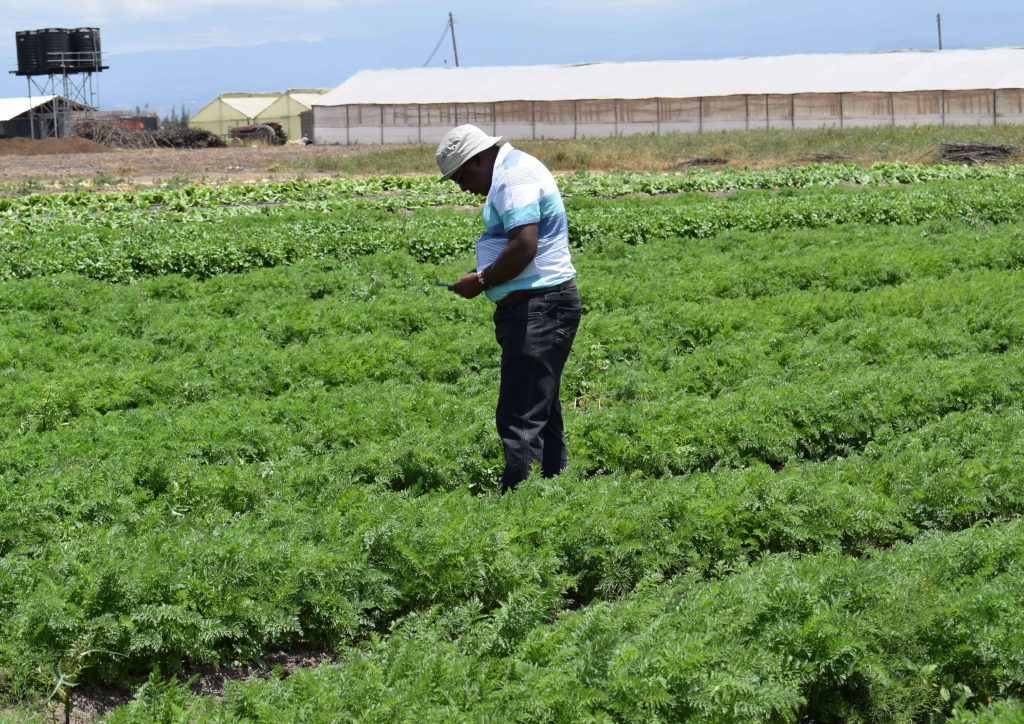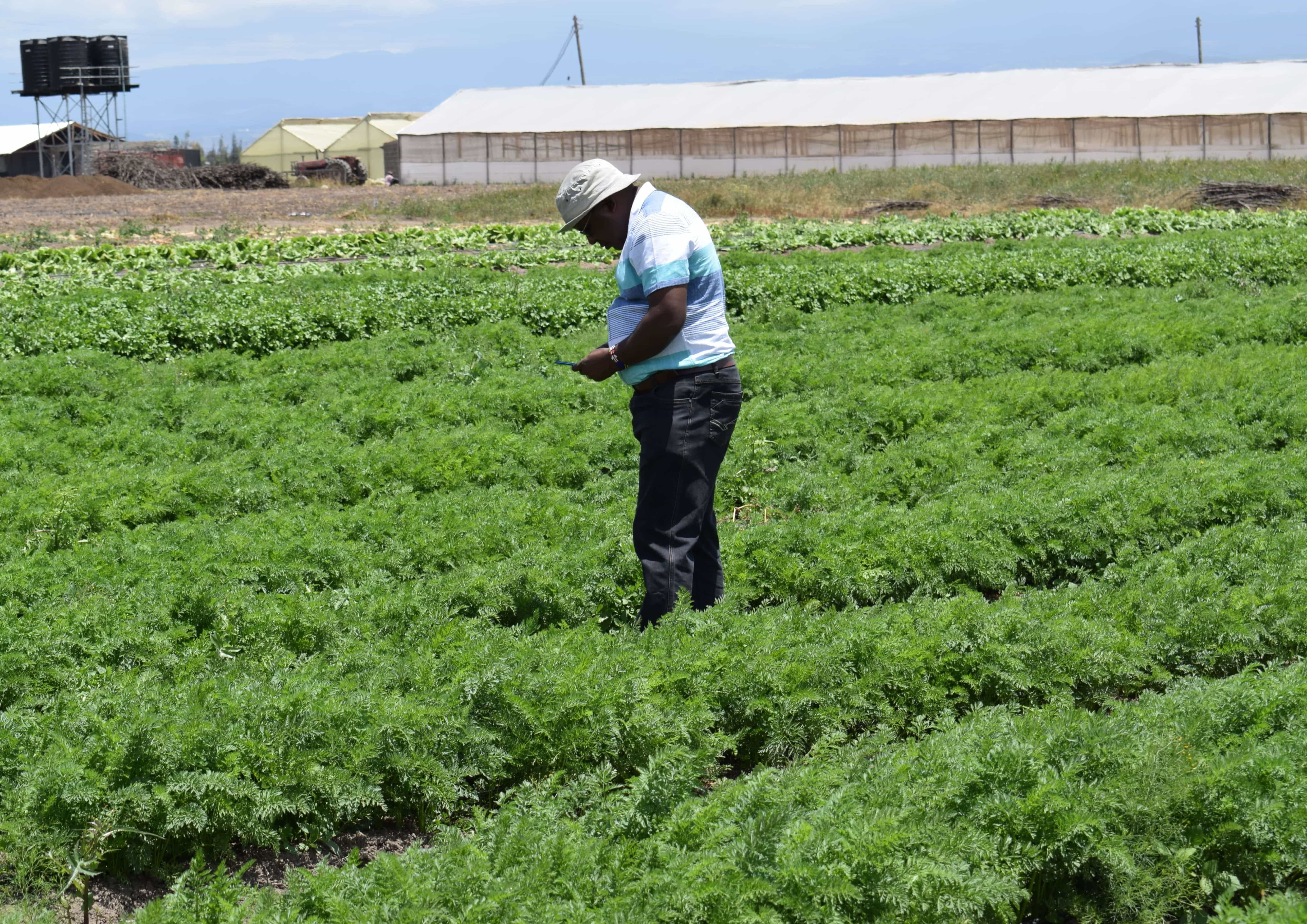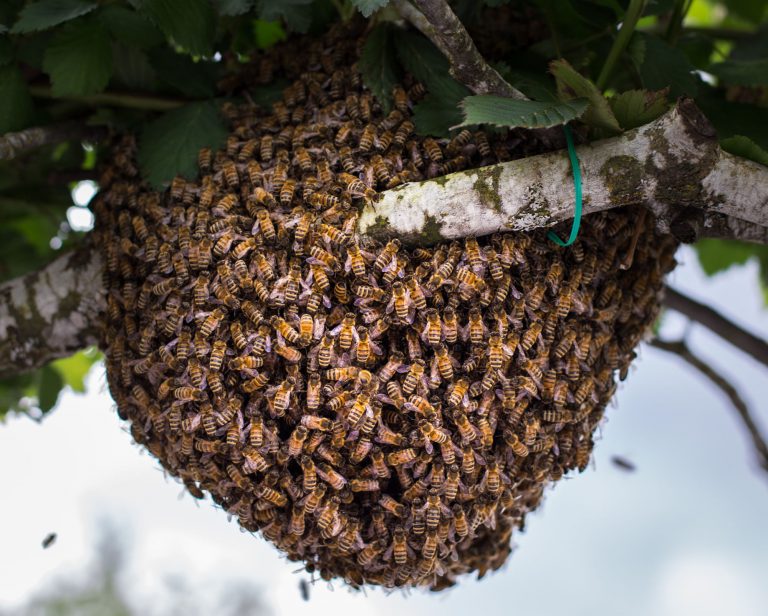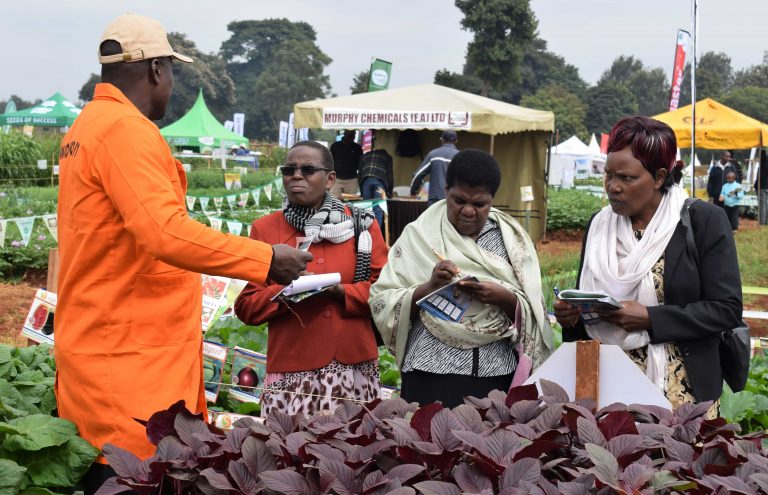By Henry Kinyua
Of late, social media has been awash with reports of improper pesticide use, so horribly incorrect that they only lead to fear and offer no solution. These reports don’t even mention great improvement done in crop protection: farmers moved from arbitrary spray program type chemical usage to pest scouting, use of trap crops and other Integrated Pest/Crop Management practices, we will talk about this some other time.
As a result of these doom and gloom reports, several farmers have began using all manner of concoctions like rabbit urine, pig urine, baking powder etc and calling that organic farming. It is important to note at this point that Organic farming just like convention farming seeks to meet crop basic requirements to increase productivity. As we had said before crops, like animals including human beings require food, water and treatment when they get sick. So what is organic farming?
The international Forum for Organic Agriculture Movement (IFOAM) defines “Organic Agriculture as a production system that sustains the health of soils, ecosystems and people. It relies on ecological processes, biodiversity and cycles adapted to local conditions, rather than the use of inputs with adverse effects’

So, the organic farmer just like the conventional farmer before carrying out any practice including choice of crop must ask themselves what effect it will have in the short term, medium term and long term. They therefore must have their soil tested to establish levels of various nutrients and must choose fertilizer that will meet the necessary requirements. So, whether one decides to use some animal urine or excreta they should be well guided by establishing how much of the required nutrient does the said concoction contain. This is the same case with pesticides and it is good to note that we have approximately 20 chemicals approved for use in organic farming. So if one decides to use the off the shelf chemicals or make own concoctions, they must be satisfied that they clearly understand what pest they are controlling. They should also know how much of the pesticide they should use, how and when it should be applied.
It is however important to note that Kenya is among the leading countries in Africa generating knowledge on organic farming. Although acreage under organic farming is still very small. The Kenya Institute for Public Policy Research and Analysis (KIPPRA) report shows that by 2011, the following were the acreages of different crops and livestock as well as the shares of hectares of total production:
Coffee 240 ha (0.3%), crop protein 3 ha (0%), tropical and sub-tropical fruits 1425 ha (0.9%), vegetables 598 ha (0.3%) and organic cereals 1 ha (0%) among others. The share of organic agricultural land is only 0.02 % (4969 ha) of the total agricultural land by 2011. I know in 2019 it has increased but there is so much room/space for expansion.
So if you plan to produce your crops organically please seek assistance from professionals. Don’t just sit in the house and mix some animal urine, soap, baking powder etc and assume that you are producing organically. It is also important to note that to market products as organic it is not the farmer who declares them organic just like a student doesn’t declare him/herself a graduate but an authority declares them so after meeting the set requirements. In organic farming there are standards that one has to meet for their product to be declared organic. The standards generally accepted and used worldwide are those developed by The International Federation of Organic Agriculture Movements (IFOAM).
There are several professionals in Kenya certified to train on how to meet these standards, please seek their help




